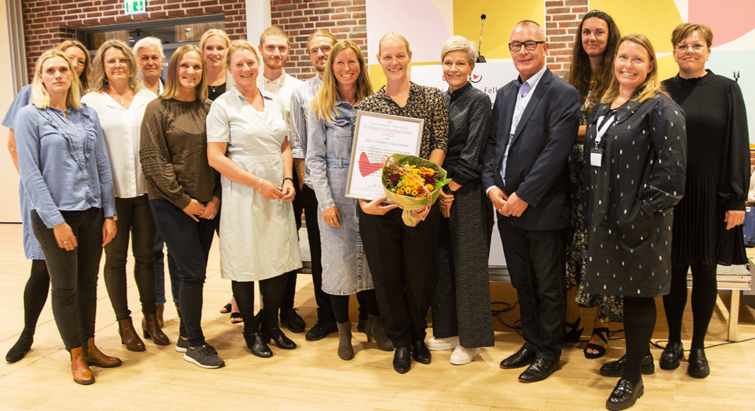
News about Public health
Viser 193 til 216 af 255 dokumenter.

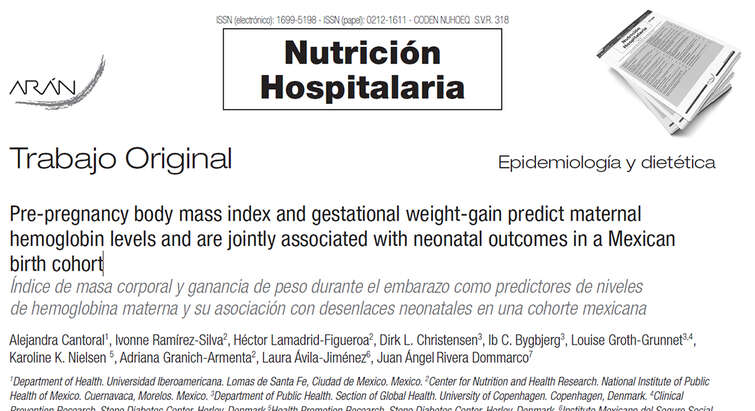
Third research article published
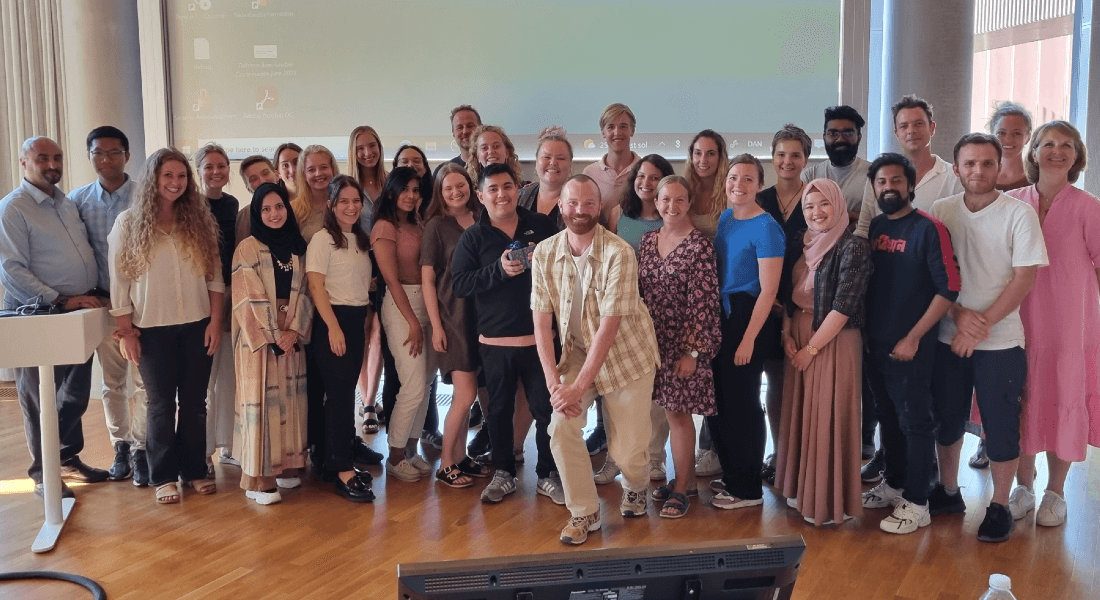
Global health summer courses: 150 students are ready to tackle future global health challenges
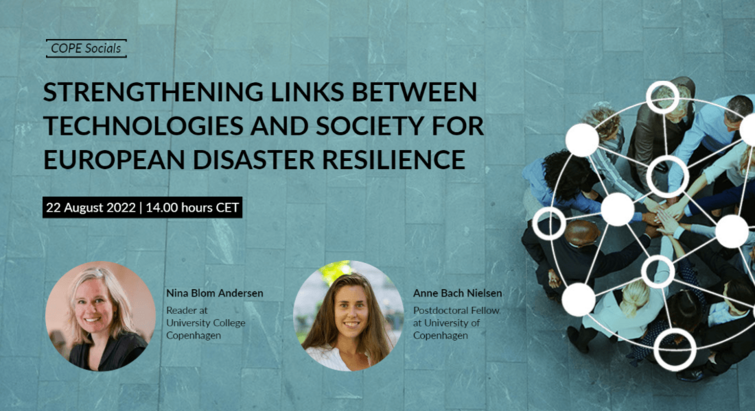
Strengthening links between technologies and society for European disaster resilience

The PartoMa guidelines and seminars are now implemented at all study sites in Dar es Salaam
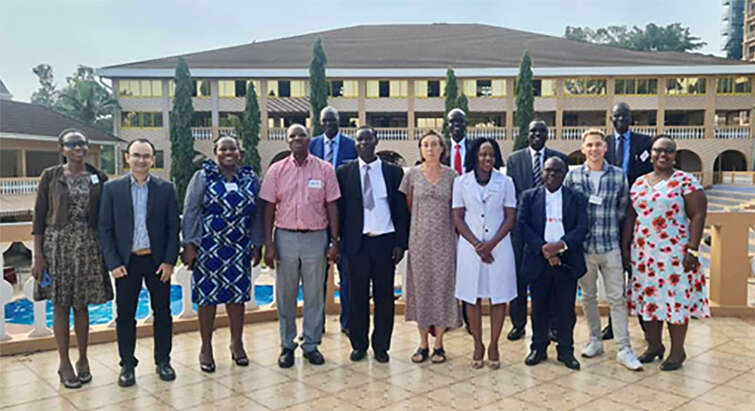
Kick-off meeting in Kampala

Podcast: The PFAS problem - From Fanø to Flint

New book: Global Health in a Danish Context

CORS at ISPE 2022, Copenhagen

New publication from study in international journal
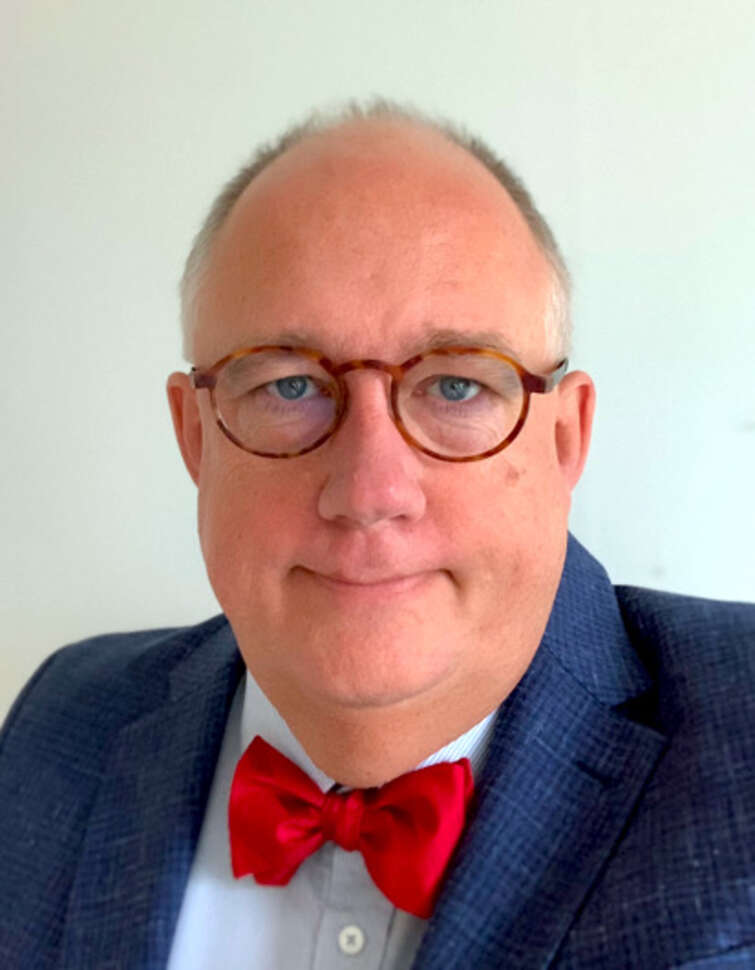
Steffen Thirstrup appointed as Affiliate Professor at CORS
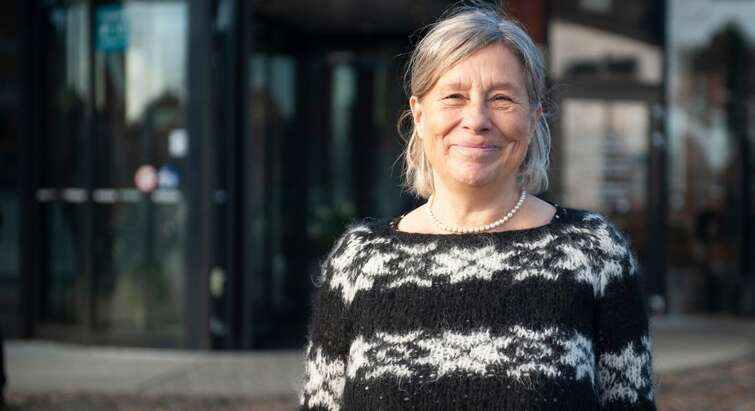
Professor receives honorary award for 11-year-old study that has been cited more than 2,800 times

‘Picturing PrEP’ exhibition
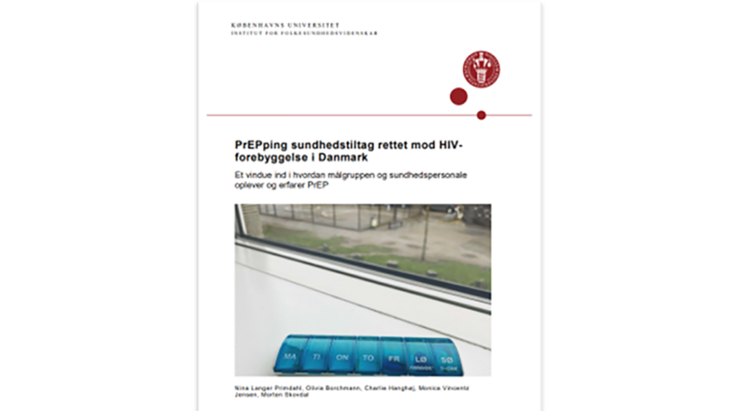
Stakeholder report published
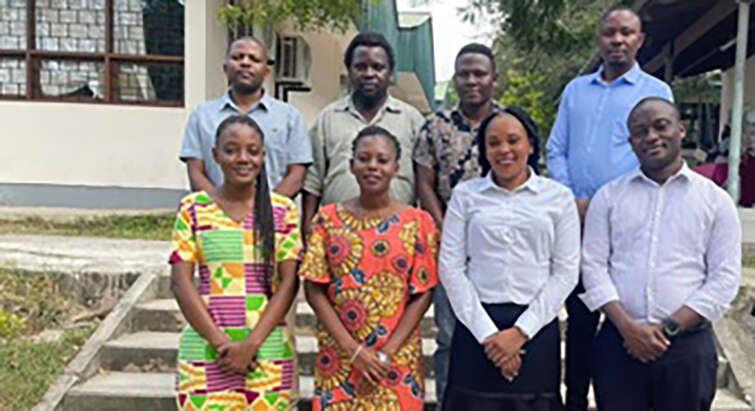
Y-ENGAGE has found its eight excellent doctoral students
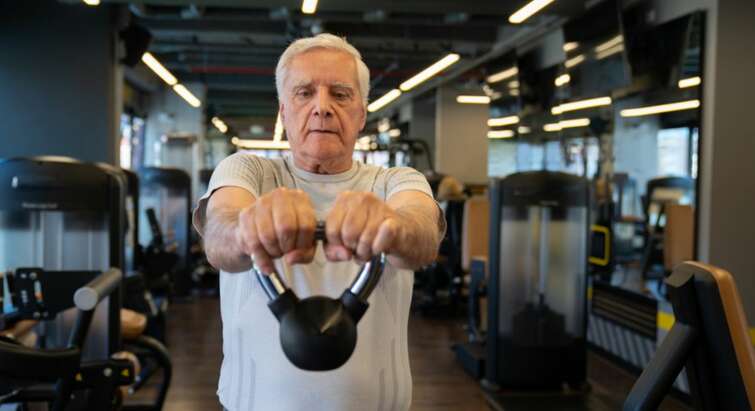
Are you aged 40 or over? In that case, you need to do heavy weight training to keep fit
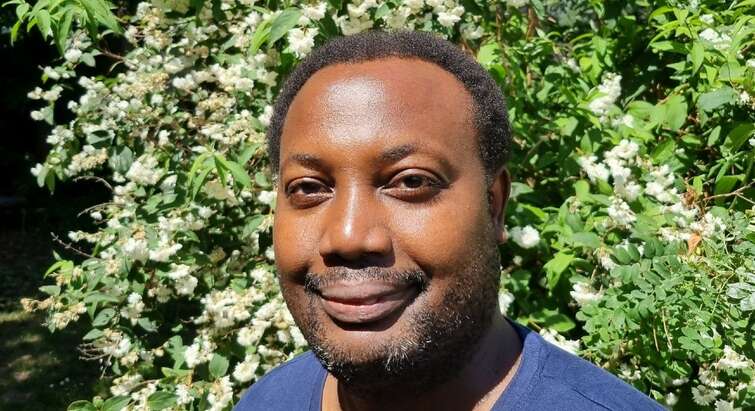
Inadequate access to harm reduction services may cause higher HIV prevalence among women who use drugs in Tanzania
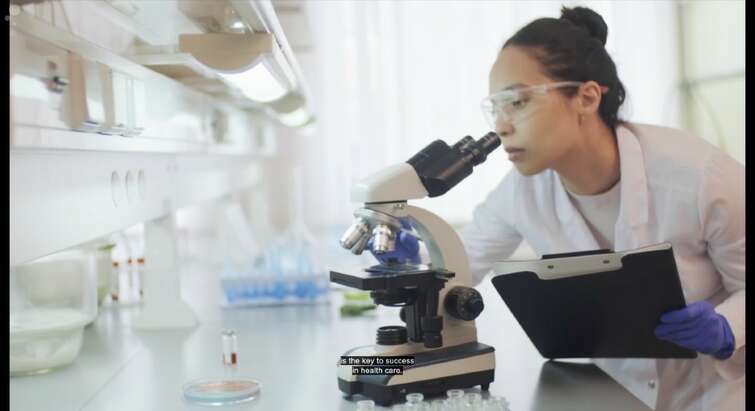
Updated educational resources about innovation in global health

One-third of Greenlanders are at risk for high cholesterol and cardiovascular disease

First PartoMa seminars for health students have been conducted at State University of Zanzibar

nở · bro | cultivating science and art in multicultural Nørrebro

A PartoMa stakeholder event in Dar es Salaam: Co-creating next steps

Your alcohol consumption could put your liver in danger – but this tool warns you

